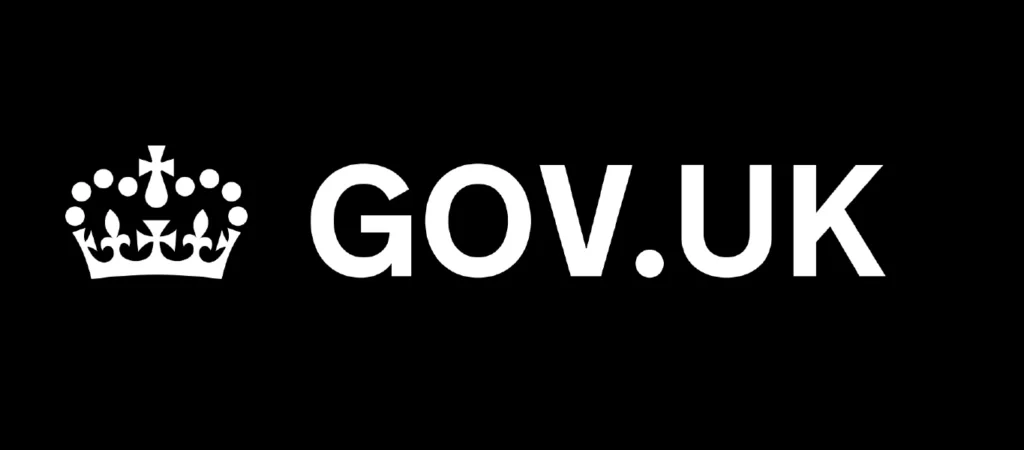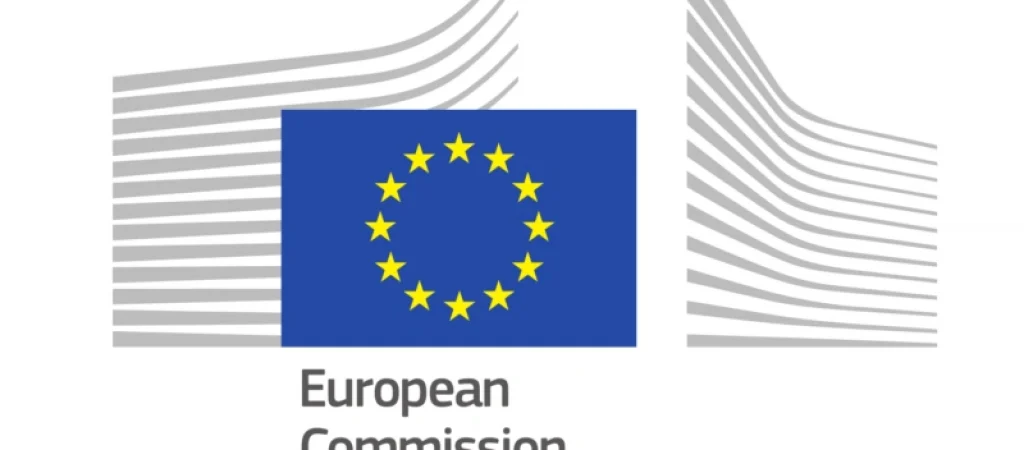Fast & Accurate ENS GB & EU ICS2 Solutions Built for You.
Trade Compliance News January
-
Freya Jane
- Director of Customer's Success

Are you prepared for the big CDS change on 30.03.2024?
All export declarations are due to move from our Customs Handling of Import and Export Freight (CHIEF) system to the new Customs Declaration Service (CDS) by 30 March 2024.
The Customs Declaration Service (CDS) is an essential tool for UK exporters to comply with the necessary customs procedures when exporting goods outside of the United Kingdom. It’s a system that exporters use to make customs declarations.
How does this impact you?
This impacts businesses as they will have to use CDS to make export declarations for products they ship out of the UK after 30 March 2024. The CDS will handle all imports and exports arriving/departing the UK by land, air, or sea. This new system is intended to replace the existing Customs Handling of Import and Export Freight (CHIEF) system, which has existed for 30 years.
The CDS is designed to be more efficient and user-friendly, providing better access to information and reducing the time required for customs declarations. It’s resilient, cost-effective and offers greater functionality. This single system will streamline trading operations and be adaptable to the future needs of businesses.
The UK government anticipates that merging customs declarations into a single system will lead to cost savings for taxpayers. This move towards consolidation is expected to streamline processes and enhance efficiency, ultimately contributing to financial benefits for the public. It’s a strategic step designed to optimise resources and create a more economical and effective approach to managing customs declarations.
According to the Directors General for Borders and Trade at HMRC, “CDS is a key part of the government’s plans for a world-leading fully digitised border that will help UK businesses to trade and to prosper.”
Challenges
The new Customs Declaration Service (CDS) might make things a bit tricky for UK exporters. This system needs more detailed and accurate information, which could cause delays and extra costs if businesses aren’t ready. Also, because the CDS is more transparent, customs declarations might face closer inspection. It’s super important for businesses to get ready for these changes to avoid problems.
To learn more about making the switch to CDS for exports, Read more

Important changes in the EU entry of goods by Sea and Inland Waterways
From 30 June 2024, economic operators carrying goods by sea, inland waterways, road and rail will have to submit a complete Entry Summary Declaration (ENS) dataset to ICS2.
This also includes postal and express carriers who transport goods using these modes of transport.It is essential to provide clear and precise descriptions of goods in straightforward language to enable customs authorities to accurately identify them.
The economic operators should pay particular attention to certain data requirements in the ENS: the HS commodity code (6 digit) of the goods, the EORI of the consignee established in the EU and the information about Seller and Buyer for goods delivered in the European Union.
Ensuring that all these data elements are accurately and comprehensively provided helps expedite customs clearance, reduces the risk of errors, and ensures compliance with relevant regulations. Economic operators should stay informed about any changes in customs requirements to maintain a smooth and efficient supply chain. Read more
Government Unveils Groundbreaking Critical Imports and Supply Chain Strategy
The UK government recently launched its ‘Critical Imports and Supply Chains Strategy,’ to fortify the resilience of the supply chain, a groundbreaking initiative to fortify the resilience of supply chains for essential goods entering the country.
Imported goods play a pivotal role in enriching our lives and sustaining the economy. The ‘Critical Imports and Supply Chains Strategy’ marks the UK’s first comprehensive approach to ensuring reliable access to essential goods, both now and in the future.
This strategic move comes in response to the escalating geopolitical challenges faced by global supply chains, resulting in significant delays and increased costs for shipments.
What’s the significance of this strategy?
In a world undergoing rapid transformation, the trading systems face unprecedented challenges and strain. Recent global events have underscored the critical importance of resilience in global supply chains, especially for essential imports. Developments beyond our borders can disrupt and reshape the flow of goods crucial to key sectors of our economy.
Recognizing the evolving landscape of global supply chains, the UK government, in its Integrated Review (IR) Refresh 2023, committed to publishing the ‘Critical Imports and Supply Chains Strategy.’ Aligned with the Border Target Operating Model, the UK will implement a new import control regime from 2024.
While the EU remains a significant trading partner, accounting for 49.6% of UK imports in the 12 months ending June 2023, this forward-thinking strategy positions the UK as a leader in business resilience and sustainability.
This regime aims to alleviate the burden of controls on importing businesses, enabling UK firms to capitalise on emerging trading relationships worldwide. As we navigate these changes, staying informed and adapting to the evolving trade landscape will be crucial for businesses and stakeholders across the supply chain. Read more
Be in the Know : Changes to Declaring Commercial Goods under £2500
The government recently updated the threshold of the maximum value for making simplified declarations of merchandise in baggage.
Commercial goods in your accompanied baggage, also known as merchandise in baggage, are goods which you plan to sell or use in your business.
You must declare all commercial goods. There is no duty-free allowance for commercial goods you bring in to sell or use in your business.
You can use the merchandise in baggage online declaration service to check the Customs Duty and VAT due on commercial goods you intend to bring in your accompanied baggage or small vehicle. You can then declare and pay the amount you owe.
Find out how to declare goods you’re bringing into or taking out of Great Britain to sell or use for your business that are under the total value of £2,500 and meet certain other conditions. Learn more

E signatures to remain legally binding for trade documentation
The government has confirmed that the electronic or e-signatures remain valid in connection with all UK export controls documents. This means that businesses can continue to leverage the benefits of electronic signatures without facing unnecessary bureaucratic hurdles.
In a recent announcement, the Export Control Joint Unit (ECJU) highlighted the ongoing significance of electronic signatures in international trade. The UK has been actively working towards digitising trade procedures, and the ECJU’s decision aligns with these efforts.This move is consistent with the UK’s 2025 Border Strategy, which aims to bring about a digital transformation in trade.
The ECJU recognizes that electronic signatures come in various forms and formats, emphasising that their effectiveness depends on the security of the business processes and technology used to create them.
This development has been met with positivity, particularly from experts in the field. This announcement was a ‘positive step’ in the broader strategy of modernising the UK’s borders and embracing digital trade.
In 2023, the Electronic Trade Documents Act (ETDA) became law, granting digital versions of essential trade documents the same legal standing as their paper counterparts.
The ECJU’s decision to continue accepting electronic signatures is seen as a positive development, aligning with the broader push towards digitalization in international trade. Read more

New WCO Secretary General vows to leverage technology to ease International Trade
On January 3, 2024, Mr. Ian Saunders became the new Secretary General of the World Customs Organisation (WCO). His vision involves working closely with both the government and private businesses, using technology to enhance global trade.
This change in WCO leadership was celebrated by a handover ceremony from Dr. Kunio Mikuriya, the outgoing Secretary General, at the WCO Headquarters in Brussels, Belgium.
Mr. Saunders was elected by the Members, represented by Directors General of Customs from around the world. Embarking on a five-year term, he brings a clear and forward-looking agenda to the forefront and inspires confidence in his capability to lead the WCO through the ever changing dynamics of international trade and security.
Aim and Vision
He aims to lead the organisation by creating strong partnerships between the public and private sectors, leveraging technology, and promoting inclusiveness for effective global Customs cooperation.
His vision emphasises transparency and openness as essential principles of good governance. He shared these thoughts in his first speech to the organisation, setting a tone of forward-thinking leadership and dedication to working together globally.
Future Opportunities
As the customs landscape welcomes this new leadership, it also presents amazing opportunities for significant progress in the world of Customs. This aligns seamlessly with iCustoms’ commitment to actively shaping the future of customs technology.
We aim to actively transform the future, contributing to a more efficient, secure, and interconnected global trade ecosystem. Read more

